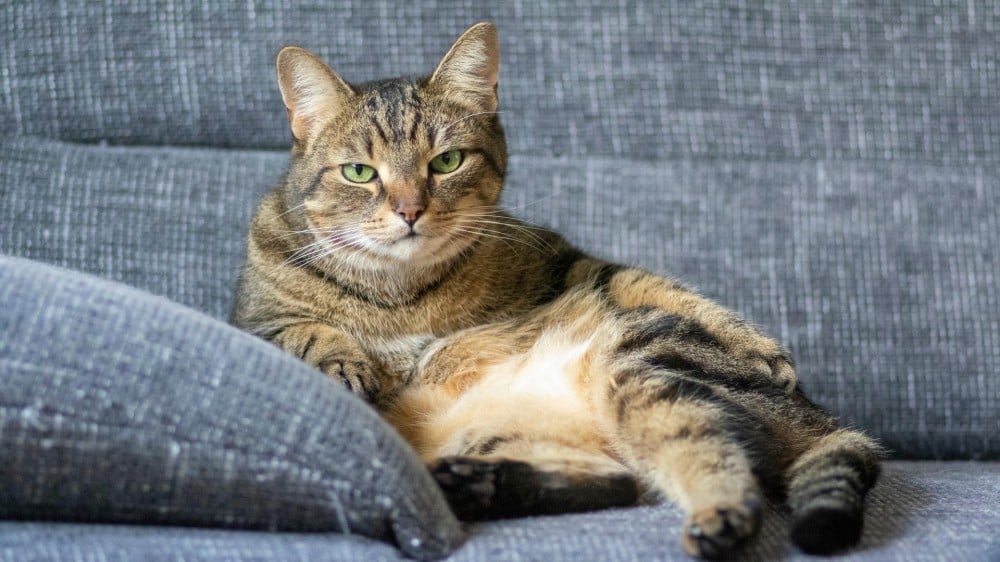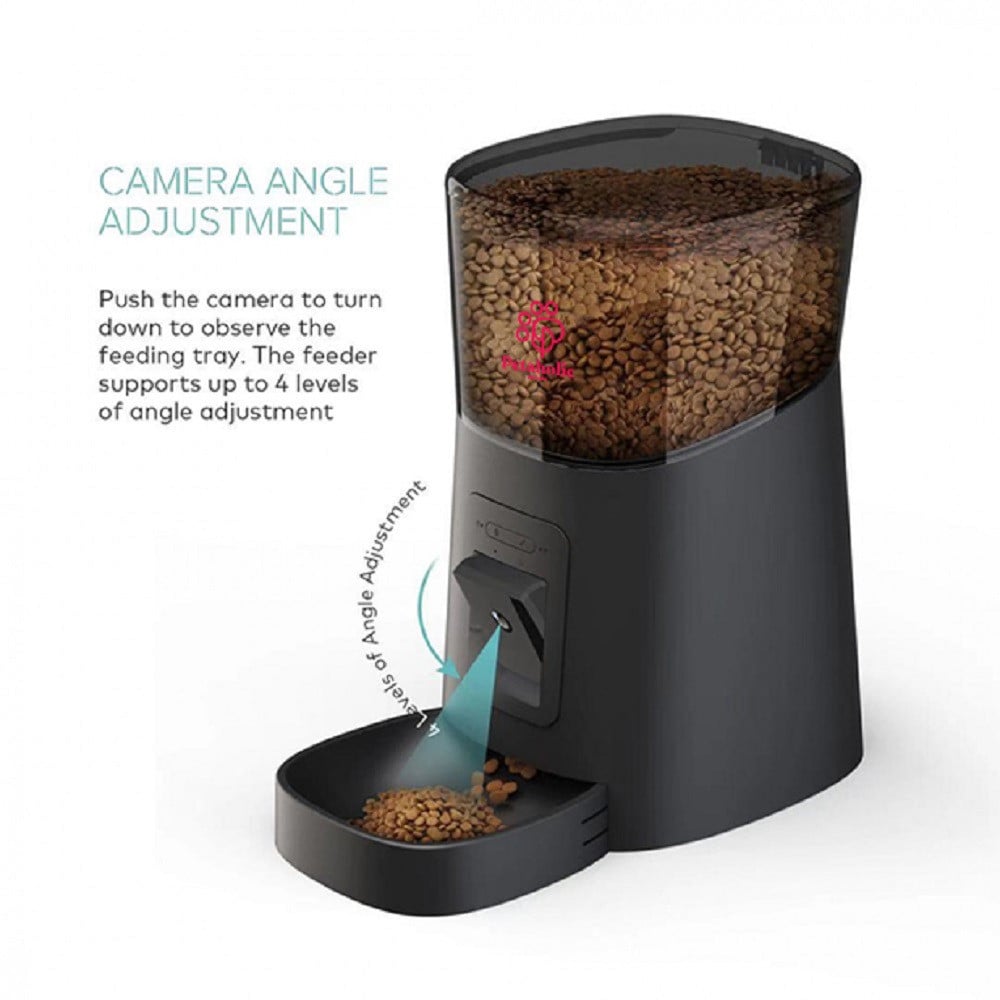
My cat is fat...your comprehensive guide to dealing with your cat's weight gain!!
Managing your cat's weight involves a combination of proper diet, regular exercise, and monitoring. Here are some tips:
1. Consult a veterinarian:
- Before making any changes, consult your vet to rule out any underlying health issues and get guidance on an appropriate weight management plan.
2. System
Balanced diet:
- Provide a balanced and appropriate diet for your cat, taking into account its individual nutritional needs. You may need to switch to a weight management or low-calorie food.
3. No
Control the size of meals:
- Measure food quantities to avoid overfeeding. Follow the feeding instructions provided on your cat food packaging or directions from your veterinarian.
4. Avoid
Free feeding:
- Avoid leaving food out all the time while free-feeding. Instead, set a meal schedule at specific times so you can easily take control of your cat's meals now. Easily manage and monitor your cat's nutrition with our easy-to-use app
And the communication camera. Enjoy peace of mind and simplify the feeding process with
5
. Interactive games:
- Use interactive toys or food distribution games to make mealtime more exciting and provide mental stimulation.
6. Encouraging activity
The physical:
- Participate your cat in playing and exercising regularly. Use interactive toys, such as a laser tag or feather wand, to encourage movement.
7. Providing a clean environment
year :
- Make sure your cat's environment is rich in scratching posts, climbing structures, and interactive toys to keep him mentally and physically active.
8. Quantitative monitoring
Sweets:
- Be careful about serving sweets and limit them. Choose low-calorie treats or use a small portion of your cat's regular food as a treat.
9. Tests
See your doctor regularly:
-Schedule regular veterinary checkups to monitor your cat's weight and general health. Your veterinarian can make adjustments to the weight management plan as needed.
10. No
Br :
- Losing weight takes time. Be patient and consistent in implementing your weight management plan. Rapid weight loss can be unhealthy for cats.
Please note the importance
Alt
Work with your veterinarian to develop a customized plan for managing your cat’s weight based on his needs and health condition.
What health risks do overweight cats face?
If your cat is carrying excess weight, he has an increased risk of developing the following conditions:
-
Diabetes
Arthritis
- Infection in the urinary tract
- Arthritis
- Chronic inflammation
- Skin problems
Why do cats become overweight?
Cats are designed to run, jump and hunt. Cats usually gain weight when they start consuming more calories than they burn. However, there are some cats that are more likely to be overweight than others.
TCH
For cats that are more likely to gain weight:
-Cutted male cats
- Older cats
Cats confined indoors have less opportunity to exercise
If your cat falls into one of the above categories, talk to your veterinarian about your cat's calorie and nutritional needs and try to maintain your cat's healthy weight.
How to find out if
If your cat is overweight:
1.Say
And jumping on furniture:
Cats are naturally skilled at jumping. If your cat is having difficulty or making repeated attempts to jump on her favorite furniture, or if she decides to give up completely, her weight may be to blame.
2. Touching a stray
And your cat:
Pass your hand over the cat's chest. If you are able to feel her ribs easily, this indicates a healthy weight. If the ribs are difficult to detect, your cat may be overweight.
3. Non-existence
Clear waist:
Look directly at your cat from above. There should be a slight dip above the hips indicating a waist. If there is no clear waist or bulging sides, your cat may be carrying excess weight.
4. Use
M.G. Countries of cat weight gain:
Refer to the cat weight gain chart below to get a better understanding of your cat's weight category and whether he is carrying excess weight. *Note: Regular veterinary examinations are necessary to accurately evaluate your cat’s weight and general health.

Restoration and g
I have put you on the right path
Your cat's age, breed, and lifestyle play a big role in your pet's nutritional needs.
If you think your cat has gained weight, make an appointment to visit your vet. Your vet can evaluate your cat's current weight and tell you the optimal weight for your cat.
If your cat has to lose weight, your vet will give you recommendations on how to help your cat safely shed those extra pounds.
For cats that are slightly overweight, sticking to regular food but reducing the size of each meal can be a way to restore your pet's weight to healthy limits.
If your cat must lose a significant amount of weight, it may be best to switch your cat to a specialized food designed to aid in cat weight loss.
If your cat is experiencing sudden, unexplained weight gain, it is important to consult with your veterinarian. Unexplained weight gain may indicate an underlying health issue.


